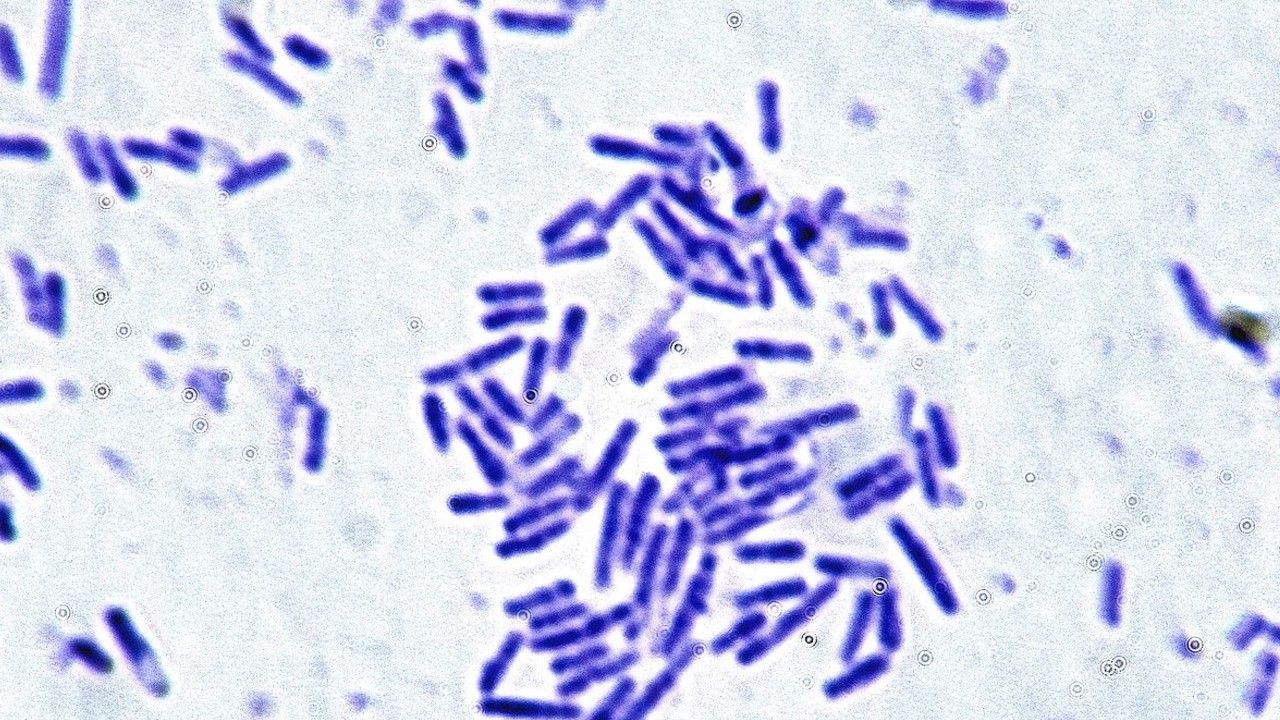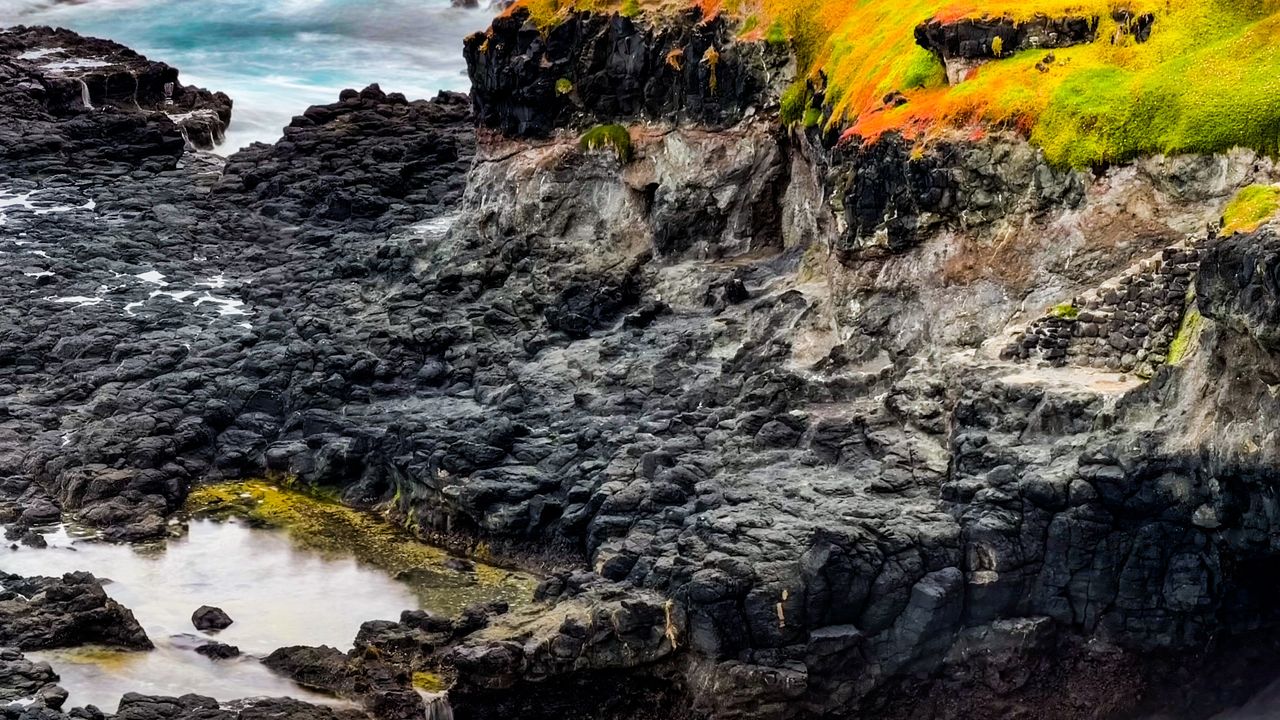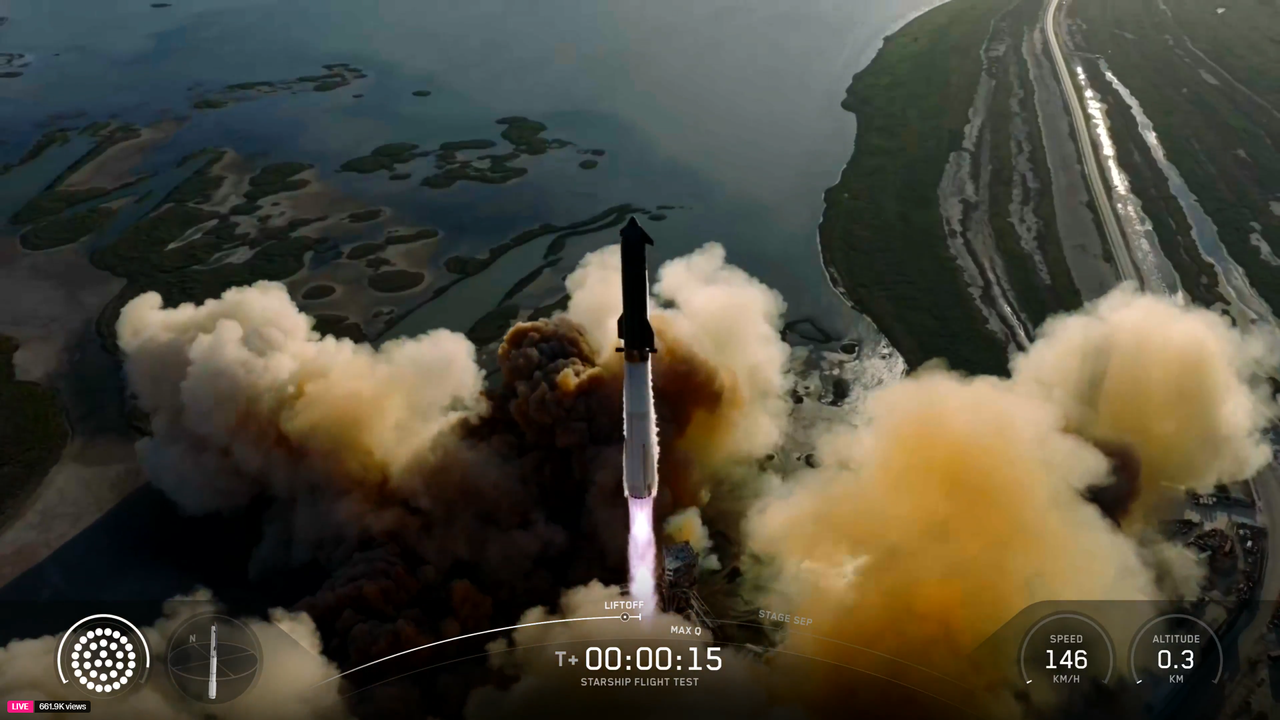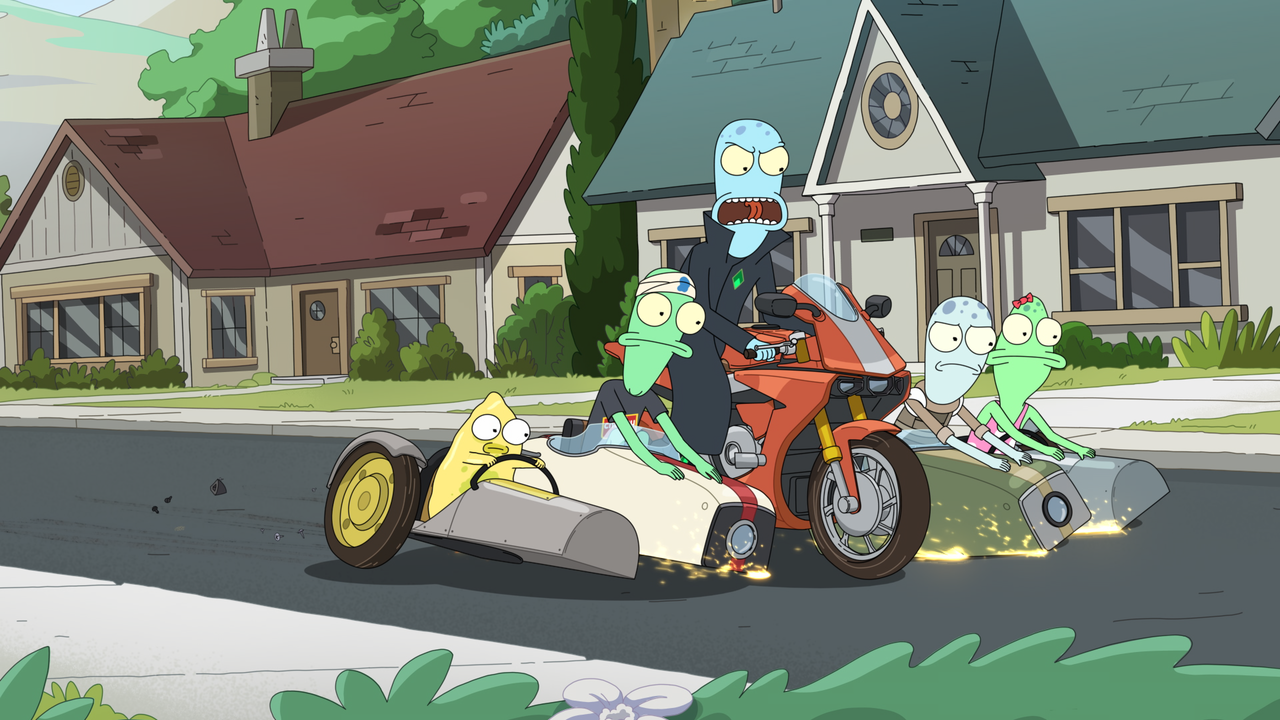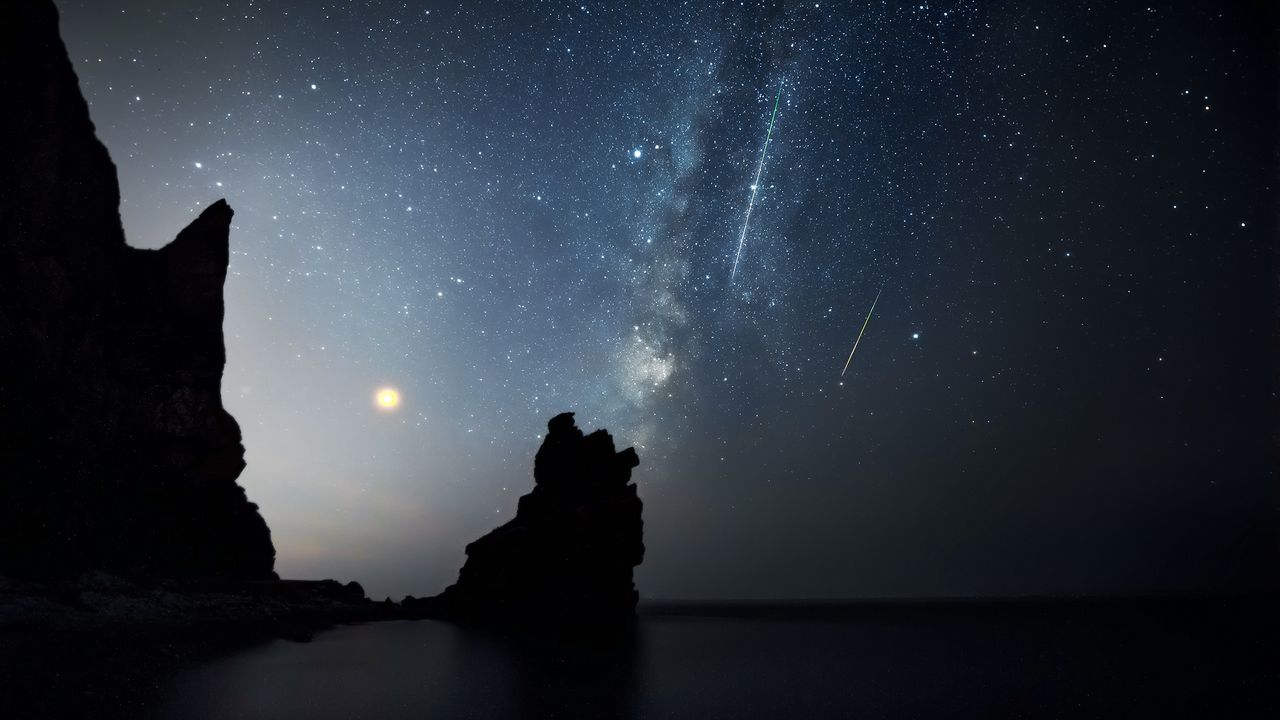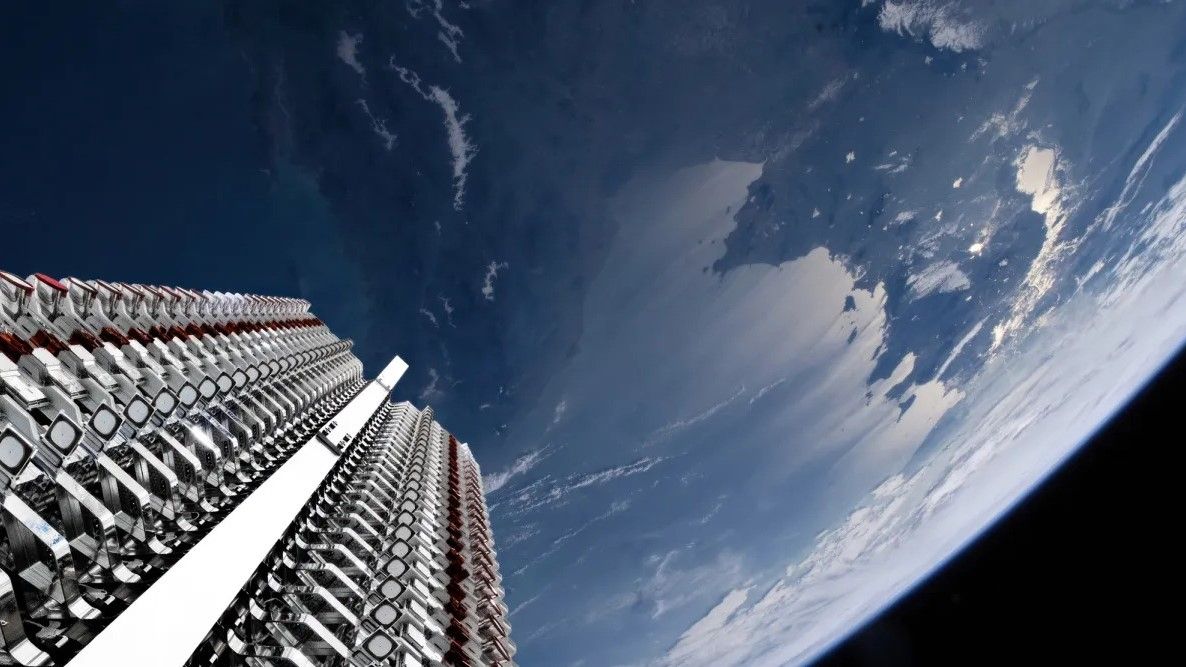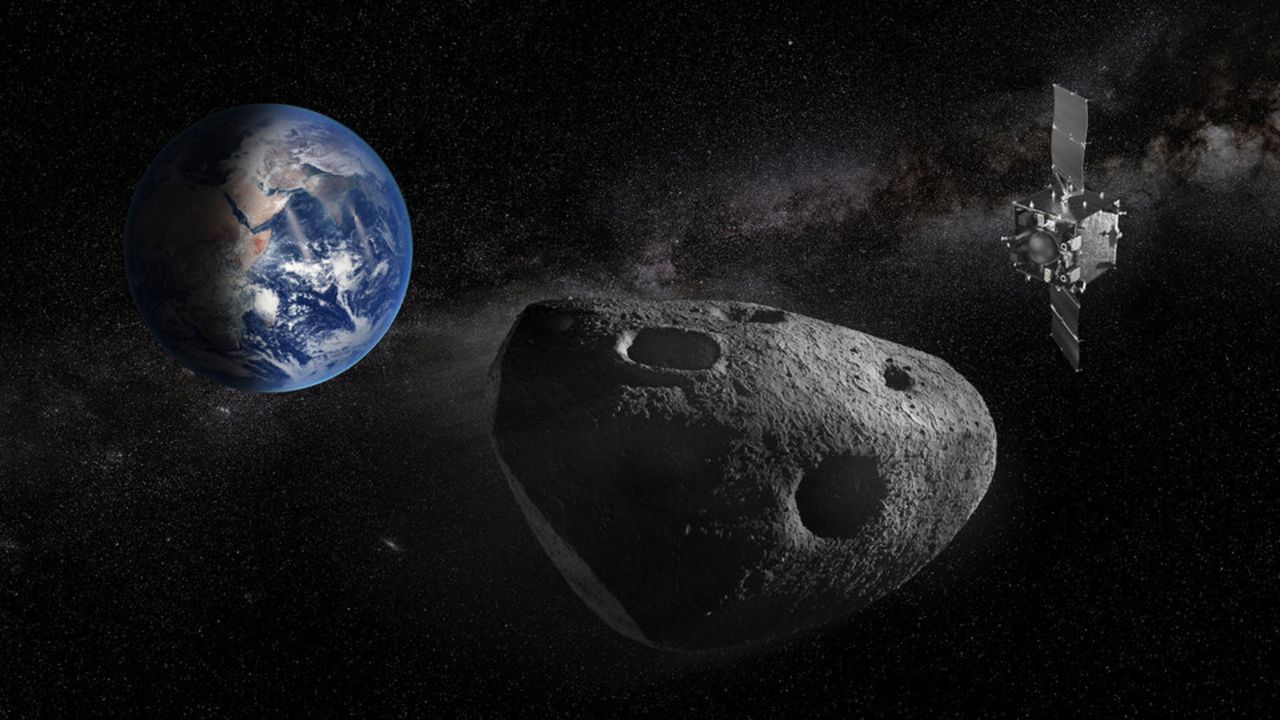Scientists 'reawaken' ancient microbes from permafrost — and discover they start churning out CO2 soon after
NeutralScience
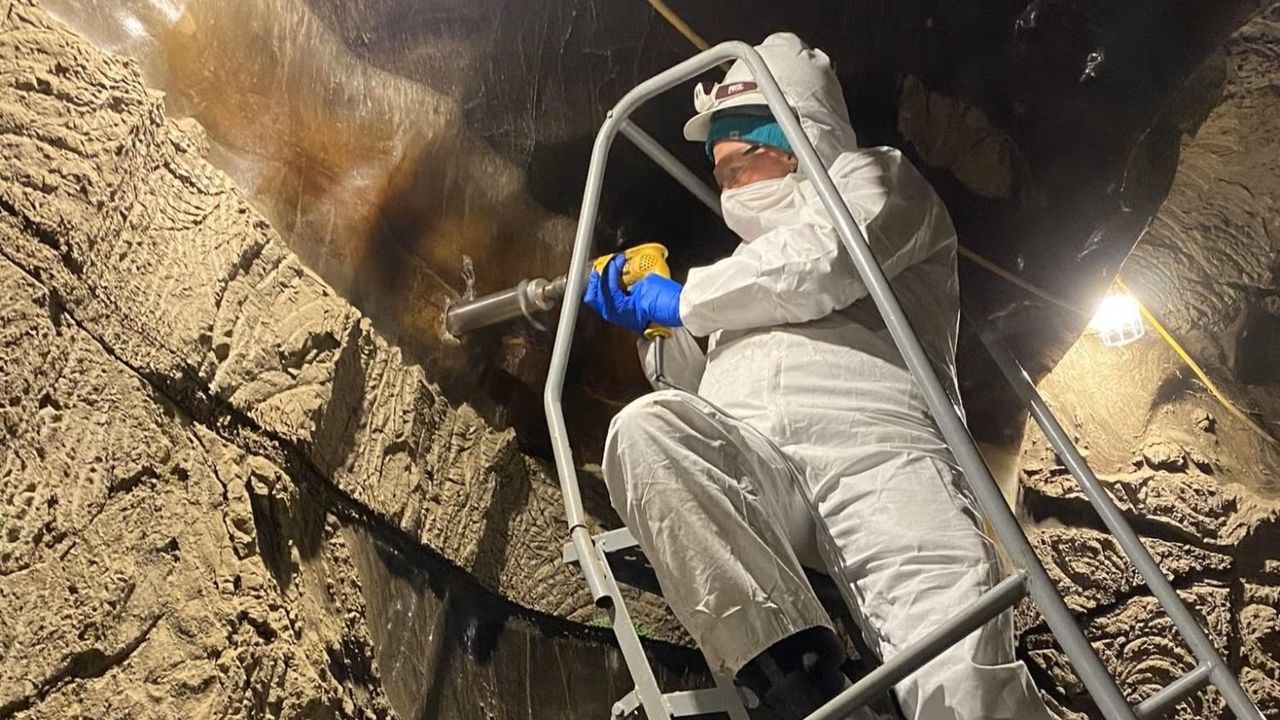
Scientists have successfully reawakened ancient microbes from permafrost in Alaska, revealing that these microorganisms can start breaking down carbon and producing CO2 shortly after being incubated. This discovery is significant as it highlights the potential impact of climate change on ancient ecosystems and the release of greenhouse gases, which could further accelerate global warming.
— Curated by the World Pulse Now AI Editorial System

